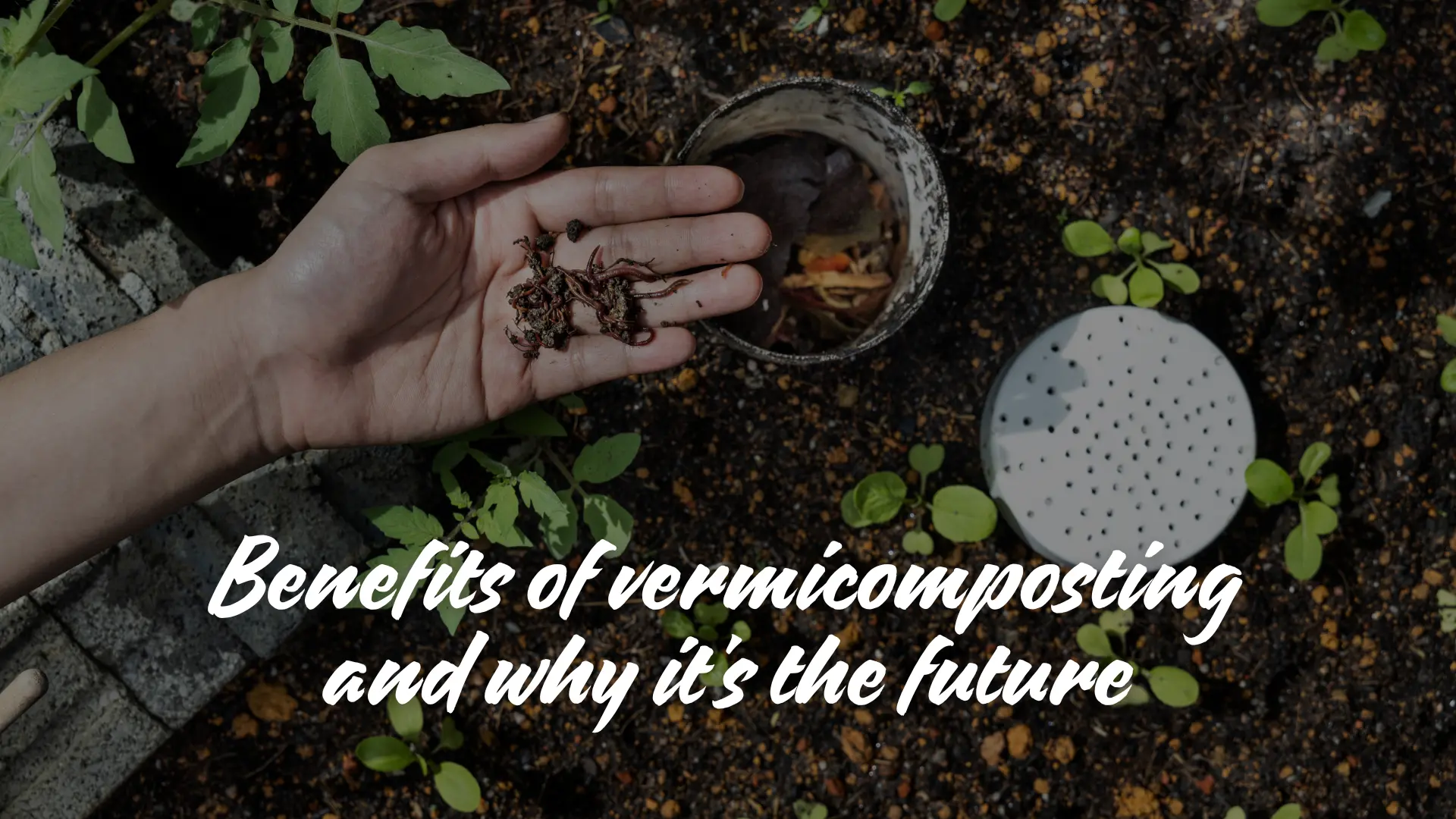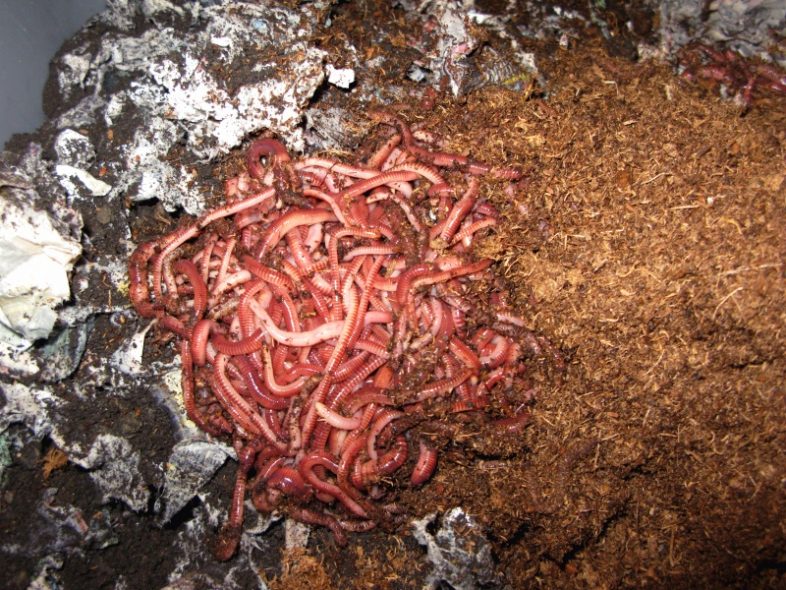Things about Red Wiggler Express

Vermicomposting is a procedure in which earthworms are utilized to transform organic products into humus-like product referred to as vermicompost. A variety of researchers throughout the world have located that the nutrient profile in vermicompost is usually more than traditional compost. As a matter of fact, vermicompost can enhance dirt fertility literally, chemically and biologically.
If you go to all in tune to the agricultural information of late, you're aware that dirt wellness is in decline throughout the world a problem that is having a disastrous effect on our food systems. The response to this international issue? Worms. Great deals of them. Just how, you ask? Well, vermicomposting, obviously.
Some start vermicomposting as a hobby and scale up, whereas others have the intention right from the start to produce a profit-making company. They may be farmers, community garden volunteers, entrepreneurs, landscapers, greenhouse growers, or staff at facilities that create food waste.
4 Easy Facts About Red Wiggler Express Explained
Among one of the most common factors for venturing right into industrial vermicomposting is the desire to reuse organic waste into items that enhance dirt and plant health and wellness. Soil wellness has lately ended up being a crucial international problem. The United Nations Food and Agriculture Organization proclaimed 2015 the International Year of Soils to raise understanding of soil's function in food safety and healthy ecosystem feature.

In the inside of a landfill, organic materials break down in an anaerobic environment and release methane, a greenhouse gas that is 25 times more potent than carbon dioxide (Gardening). A better option to landfilling food waste and other organic materials is to vermicompost them. What was when thought about waste can be transformed into important products that nourish soils and plants
Some Known Facts About Red Wiggler Express.
For the past 25 years in dozens of documents, publication chapters, and interviews, I have actually referred to the finished item of vermicomposting as vermicompost. This term is usually utilized to identify the blend of earthworm spreadings (feces) and leftover bedding and feedstock (natural material) that is collected from worm beds.
After substantial thought, I decided to make use of the term vermicast throughout this book, for 2 crucial reasons. One is due to the fact that many individuals make use of the terms compost and vermicompost interchangeably, not recognizing that the end item of vermicomposting is qualitatively different from compost. I assume it would profit the vermicomposting industry to distance itself from the term garden compost in describing its items.
Composting is the controlled procedure of converting natural products into a beneficial soil modification under aerobic problems using biologically created heat. On the other hand, a vermicomposting stack or worm container ought to be preserved so that it does not warm up. In a compost stack the kinds and quantities of types of microbes change when the stack gets to thermophilic temperatures of 106F (41C) or higher.
Red Wiggler Express Can Be Fun For Everyone
The lower line defining the difference in between garden compost and vermicast, though, (https://hub.docker.com/u/redwigglerex) is that the last has actually gone through earthworms. Thus, vermicomposting is more comparable to animals manufacturing than to composting; it calls for pet husbandry skills to appropriately take care of the worms. A second reason to make use of the term vermicast is to stay clear of item labeling that can be puzzling to consumers.
Creative Commons. Worm casting is the end product of worm digestion and can be simply referred to as worm manure. It is abundant in raw material and advantageous microbes that generate and help your garden. Research performed by Teacher Arancon from the University of Hawaii at Hilo has revealed that using earthworm soil modifications raises the growth, flowering, and return of plants such as bell peppers, strawberries, and grapes.
Lasting gardening is exercised when no-cost or affordable amendments such as using worm casting from vermicomposting is incorporated. Gathered raw material in vermicompost bins. Image by Maggie Chen. Worms play this essential role in the vermicomposting procedure and also in minimizing the impacts of climate modification. Landfill gas (LFG) is emitted as an all-natural result of natural product disintegration, such as food waste disintegrating in landfills.
In the past 2 hundred years after the Industrial Transformation, methane focus within the atmosphere have more than increased due in large part to anthropogenic human-related activities (Fishing). Around 50 percent of LFG launched from land fills is carbon dioxide and the remainder is a tiny percentage of non-methane organic compounds. Methane is a powerful greenhouse gas that continues to be in the atmosphere for a much shorter time in contrast to co2 yet both are released in the atmosphere in big amounts from differing resources among which is natural material decomposition from garbage dumps
10 Easy Facts About Red Wiggler Express Explained

Exists a food waste or vermicomposting system on your regional campus? It is seen that lengthy lasting and impactful activities on a system wide scale can begin with a single little worm. Worms might be traditionally related to this gory and spooky season, yet when thinking about the interconnected influence of the find out vermicomposting process (on enhancing dirt health and wellness and plant development in your garden, alleviate environment change, and equipping students) give some recognition to the bountiful benefits that worms provide.
Comments on “Some Of Red Wiggler Express”